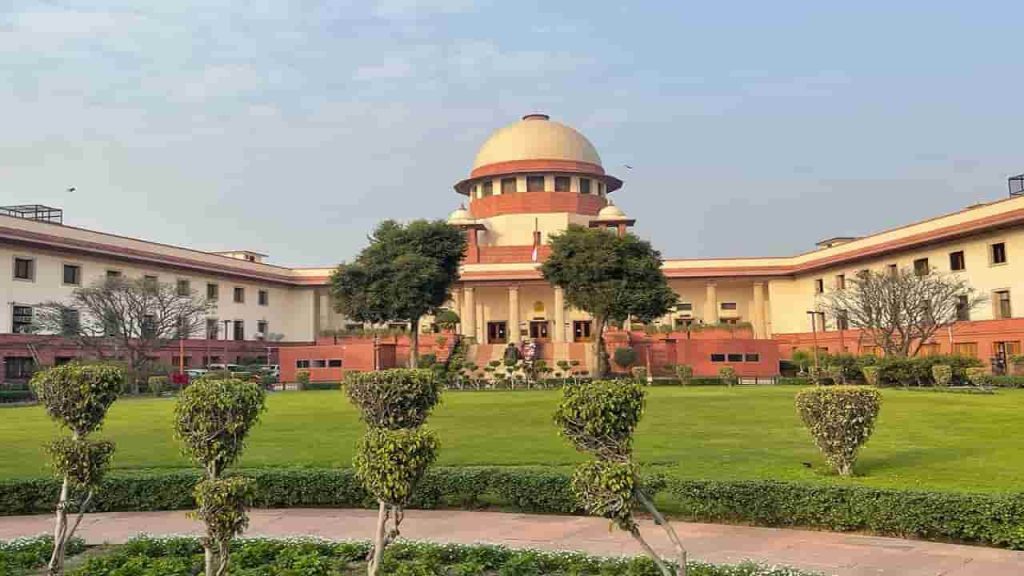The Apex Court has said that the matter challenging the electoral bond scheme for anonymous funding of political parties will be listed soon.
Senior Advocate Anoop Chaudhari had mentioned a fresh plea challenging a recent notification relating to electoral bond scheme before the Chief Justice of India (CJI) DY Chandrachud , where he promised listing of the matter.
An electoral bond is an instrument in the nature of a promissory note or bearer bond which can be purchased by any individual, company, firm or association of persons provided the person or body is a citizen of India or incorporated or established in India.
The bonds,are issued specifically for the purpose of contribution of funds to political parties in its existing scheme in the country.
The term electoral, bond was introduced through Finance Act 2017, which has amended three other statutes – the RBI Act, the Income Tax Act and the Representation of People Act – for enabling introduction of such bonds.
This act was was passed as a money bill, which meant that it did not require the assent of Rajya Sabha.
The Supreme Court has various petitions which challenge at least five amendments made to different statutes through Finance Act 2017 and Finance Act 2016 on the ground that they have opened doors to unlimited, unchecked funding of political parties.
The petition by two NGOs – Association for Democratic Reforms and Common Cause said that the money bill route was adopted in order to bypass the Rajya Sabha, where the ruling BJP government does not have a majority.
The petition has assailed five major amendments which have been brought about through Finance Act, 2017 and Finance Act, 2016.
- Section 31, the Reserve Bank of India Act, 1934 through Part III, Section 135 of the Finance Act, 2017,
- Section 29C, the Representation of the People Act, 1951 through Part – IV, Section 137 of the Finance Act, 2017
- Section 13A, the Income Tax Act, 1961 through Chapter III, Section 11 of the Finance Act, 2017 and in
- Section 182 of the Companies Act, 2013 through Part-XII, Section 154, the Finance Act, 2017.
- Section 2 of the Foreign Contribution Regulation Act, 2010 (FCRA) through Finance Act, 2016.
The petitioners talking about consequence of the amendments said that Election Commission of India need not mention names and addresses of those contributing by way of electoral bonds, thereby killing transparency in political funding.
The Companies Act, 2013 and the amendments made to Section 236 of the Foreign Contribution (Regulation) Act, 2010 have removed the cap on donations by the amendment by opening the avenues of foreign contribution to Indian political parties.
The top court had in March 2021 dismissed an application seeking a stay on the sale of Electoral Bonds


